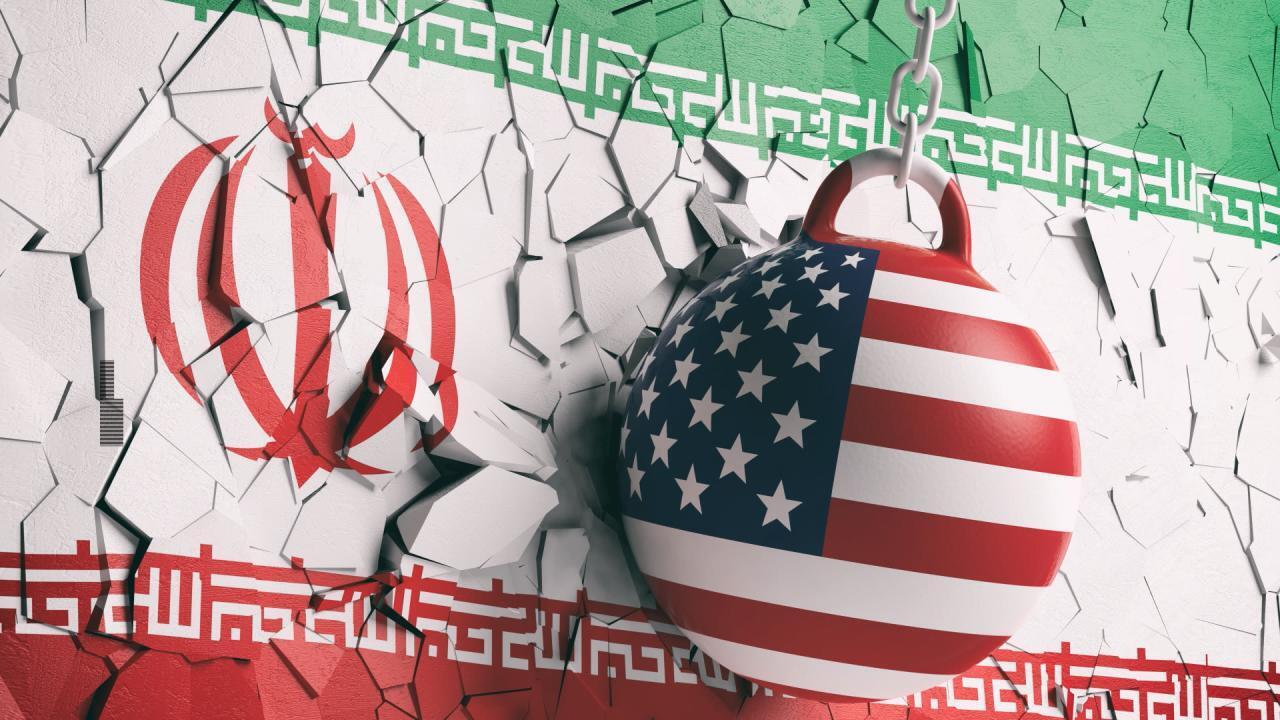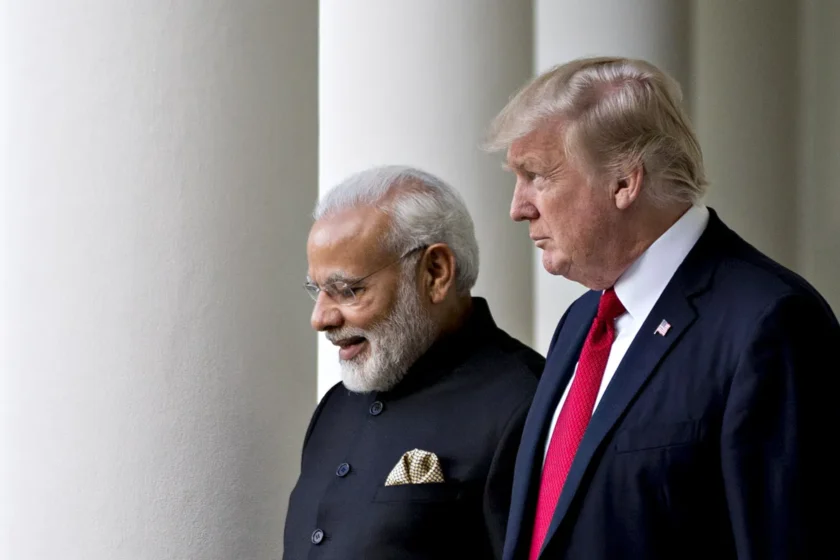Washington: Tensions in the Middle East are escalating once again, raising fears of an imminent military conflict. As Iran continues to defy calls to halt its nuclear ambitions, U.S. President Donald Trump issued a stark warning on Wednesday: “Iran cannot have a nuclear bomb. Very simple.”
The situation has reached a tipping point as Israel, already locked in a battle with Hamas, is now reportedly preparing for a special military operation against Iran’s nuclear facilities. According to U.S. officials and intelligence sources, Israel is fully ready to launch a strike. America, anticipating a retaliatory response from Iran, has started evacuating non-essential government personnel from the region.
Troop Withdrawal and Evacuation Orders
President Trump confirmed that American troops are being pulled back from several Middle Eastern zones to ensure their safety. Speaking to reporters, Trump said, “That place can get very dangerous, and we’ll see what happens. We’ve already given the notice for withdrawal.”
The U.S. State Department has also issued a Level 4 travel advisory, urging citizens to avoid traveling to Iraq and surrounding areas, citing threats of terrorism, kidnapping, and civil unrest. Embassies in Baghdad and other high-risk areas are being partially evacuated, and military families stationed in Bahrain and Kuwait are being allowed to leave voluntarily.
The move comes at a time when oil prices have surged by more than 4%, reflecting growing uncertainty in global markets.
Iran Vows Strong Response
A senior Iranian official warned that any Israeli aggression would be met with “a fierce retaliation.” Tehran has reportedly prepared a response plan involving hundreds of ballistic missiles aimed at Israeli targets. Iran’s Defense Minister Aziz Nasirzadeh declared that U.S. bases across the region could also be targeted in the event of an attack.
Houthi rebels, aligned with Iran, also issued a chilling statement: “If Iran is attacked, it will spark a massive war.”
Ayatollah Ali Khamenei, Iran’s Supreme Leader, rejected Washington’s interference, stating, “Who are you to tell us what nuclear program we should have? America’s nuclear demands are 100% against our national strength.”
Nuclear Talks on the Brink
Efforts to revive the Iran nuclear deal have stalled since Trump’s return to the presidency in 2025. Several rounds of indirect talks in Oman and Rome have yielded little progress. The U.S. insists on a complete halt to uranium enrichment, while Iran demands full sanctions relief and insists its right to enrichment is non-negotiable.

Enriched uranium is a key component for developing nuclear weapons, and its production remains a central issue in the negotiations.
Trump said in a recent interview that he’s increasingly doubtful about Tehran’s willingness to freeze uranium enrichment, which has long been a core U.S. demand.
“If talks fail,” Trump said earlier this year, “military options are on the table.”
A Fragile Peace Teetering
The United States maintains a strong military presence in the Middle East, with troops stationed in strategic oil-rich countries like Iraq, Kuwait, Qatar, Bahrain, and the UAE. With global shipping routes and oil supplies at stake, any full-blown conflict could have far-reaching consequences.
Earlier on Wednesday, the British Royal Navy also warned that rising regional tensions could disrupt maritime activity in key waterways, including the Gulf, the Gulf of Oman, and the Strait of Hormuz — all adjacent to Iranian territory.
The next round of nuclear negotiations is expected to take place in the coming days. However, with both sides digging in their heels and military preparations already underway, the risk of another devastating conflict in the Middle East is growing rapidly.
For now, the world waits — but the air is thick with the fear of war.









